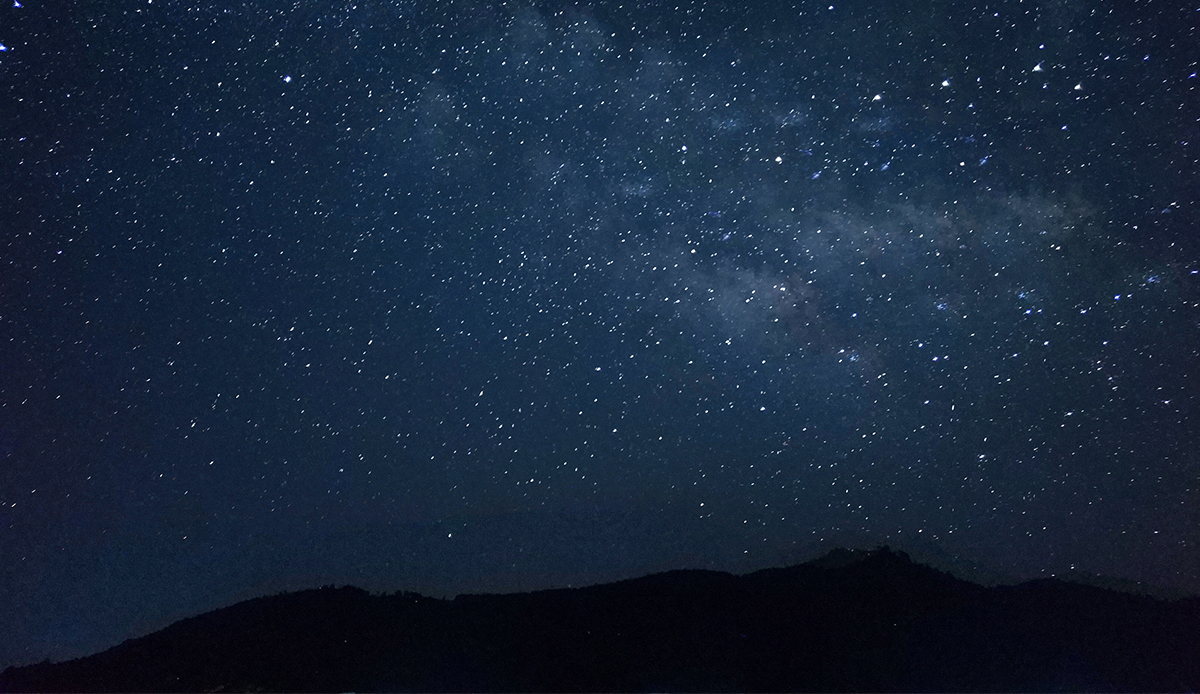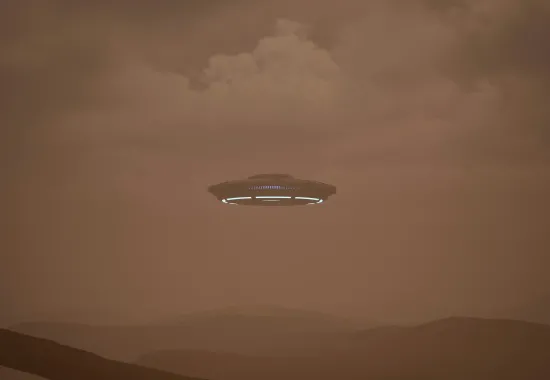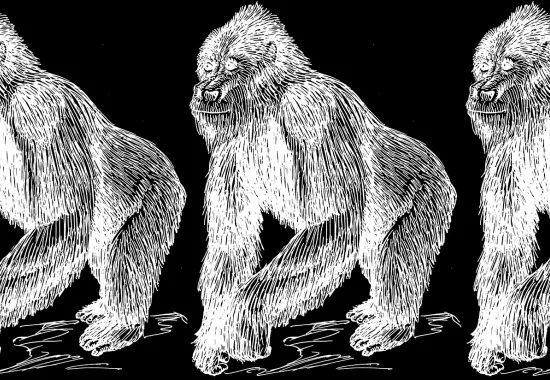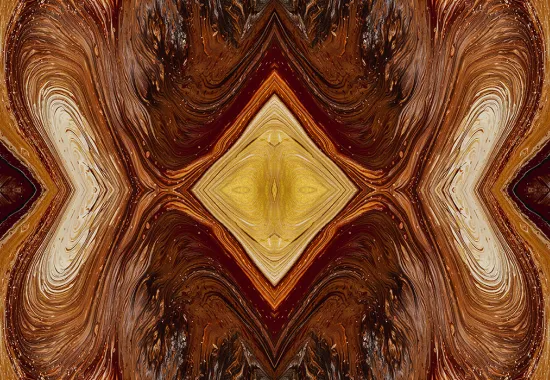Proposing a World without a Mother: Grief and Creative Nonfiction as a Sense-Making Tool
Note
The form for a proposal was taken from:
Gibson, Twyla, and Mark Lipton. Research, Write, Create: Connecting Scholarship and Digital Media. Don Mills, ON: Oxford UP, 2014. Print.
Works Cited
Attig, Thomas. How We Grieve: Relearning the World. New York: Oxford UP, 1996. Print.
Bonanno, George A. The Other Side of Sadness: What the New Science of Bereavement Tells Us About Life After Loss. New York: Basic, 2009. Print.
Cron, Lisa. Wired for Story: The Writer’s Guide to Using Brain Science to Hook Readers from the Very First Sentence. Berkeley: Ten Speed, 2012. Print.
D’Agata, John, ed. The Next American Essay. Minneapolis: Graywolf, 2003.
Epstein, Joseph. “The Personal Essay: A Form of Discovery.” Introduction. The Norton Book of Personal Essays. Ed. Epstein. New York: Norton, 1997. 11-24. Print.
Frost, Robert. “The Figure a Poem Makes.” Collected Poems, Prose, and Plays. New York: Library of America, 1995. 776-778. Print.
Konigsberg, Ruth Davis. The Truth About Grief: The Myth of Its Five Stages and the New Science of Loss. New York: Simon, 2011. Print.
Kübler-Ross, Elisabeth, and David Kessler. On Grief and Grieving: Finding the Meaning of Grief Through the Five Stages of Loss. London: Simon, 2005. Print.
Lopate, Phillip. Introduction. The Art of the Personal Essay: An Anthology from the Classical Era to the Present. Ed. Lopate. New York: Anchor-Random, 1995. xxiii-liv. Print.
Miller, Brenda, and Suzanne Paola. Tell It Slant: Writing and Shaping Creative Nonfiction. New York: McGraw-Hill, 2005. Print.
Safer, Jeanne. Death Benefits: How Losing a Parent Can Change an Adult’s Life—For the Better. New York: Basic, 2008. Print.
Recommended
Schizophrenic Sedona
Recense (realized)
Notes on Hands





